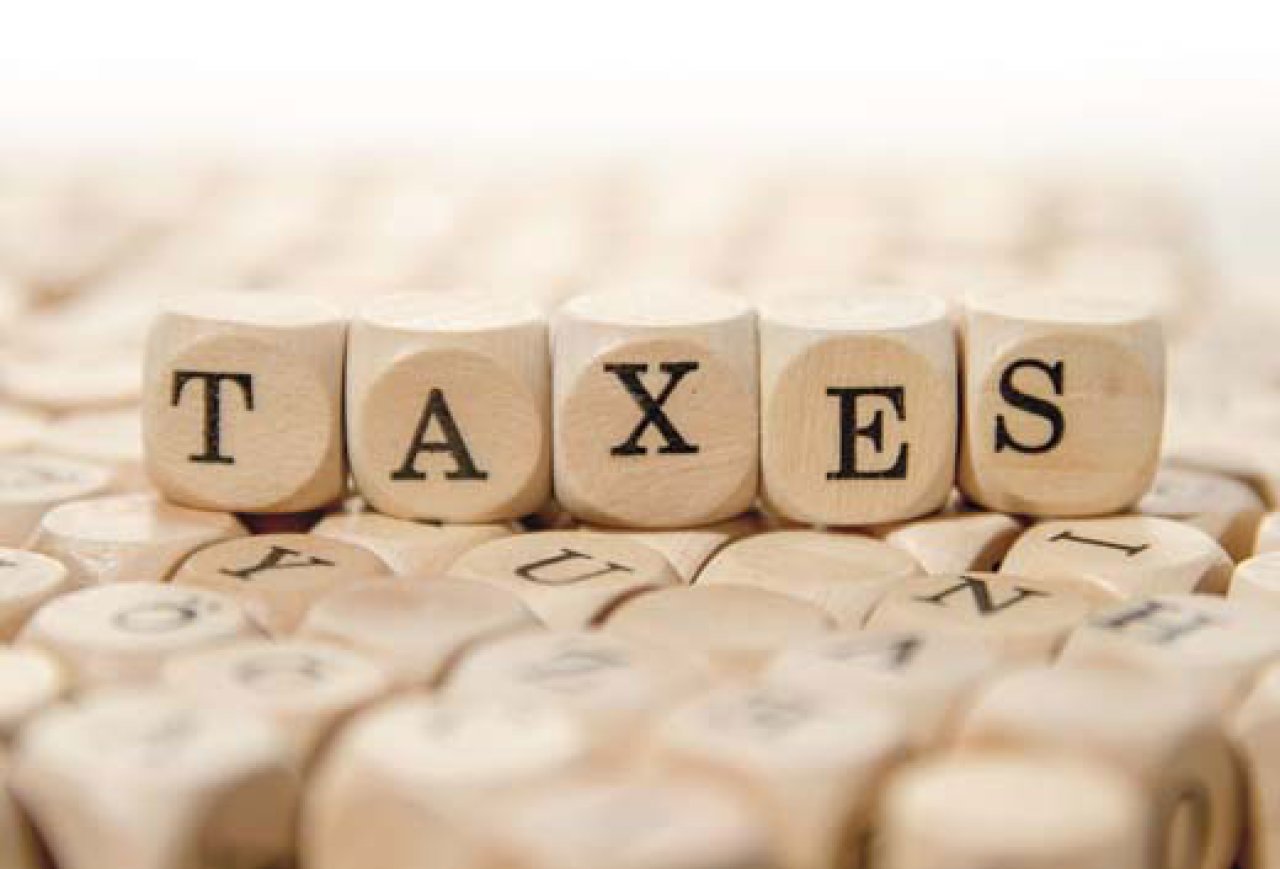Services tailored to you...
With over five decades’ experience serving a diverse range of clients in the South West, we possess an unbeatable depth of knowledge across a wide range of industry sectors.
Our specialist partners and teams can provide expert advice on everything from farming and agriculture, to military tax allowances. We’re here to help you make the most of your planning opportunities so that you can grow with confidence.
How will the changes in CGT allowances affect me?
Over the last few years, we have seen the Government freeze or in some cases reduce various tax allowances.
It used to be possible for individuals to realise capital gains of up to £12,300 per tax year without incurring any tax liability. This allowed many to make small sales or changes in investments without incurring tax liabilities.
With the changes in CGT allowances from April 2024, individuals may need to reassess their investment strategies and consider the potential tax implications of realising capital gains.
How will the reduction in annual exemption impact my tax liability?
The annual tax-free allowance (also known as the Annual Exempt Amount) for CGT was £6,000 and has been reduced to £3,000 for the 2024/25 tax year. Therefore, more people will find that they have an annual capital gains tax bill even where they are selling assets for a relatively small profit.
For example, a higher rate taxpayer realising a £12,000 gain on the sale of shares could be faced with a CGT bill of £1,800.
How will the changes in dividend allowance affect me?
In addition to the CGT changes, the dividend allowance reduced to £500 from April leading to increased income tax liabilities for many and making the transfer of shares into ISAs more attractive. Dividends in excess of £500 will be liable to a minimum tax liability of 8.75%.
Transferring shares from a share portfolio into an ISA annually to utilise the allowance could result in unexpected capital gains tax liabilities. When shares are transferred into an ISA, any capital gains accrued on those shares could trigger a CGT liability if they exceed the annual exemption limit. This means that individuals may need to pay tax on the gains realised from transferring shares into their ISA, even though ISAs are typically considered as a tax-efficient investment.
Should I plan for tax implications under the new regulations?
The change in the allowances should not stop you carrying out changes to your portfolios or selling other assets if this is the correct decision for you to make. However, as part of the overall decision, you should consider the tax cost and it may be sensible to calculate the tax exposure in advance of any sales to identify any potential tax savings. An example could be utilising losses or identifying assets with lower gains.
It is also important that individuals who were not previously within self-assessment consider whether these changes will create tax liabilities. If relevant, they will need to notify HMRC of the requirement to file a tax return by 5 October following the end of the tax year.
If you require assistance with evaluating potential sales in advance of their disposal or the completion of your annual tax return, please get in touch.
